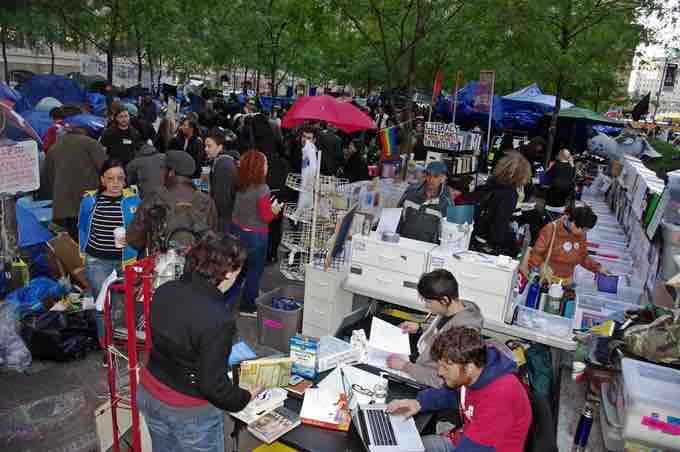There is significant debate among sociologists, other social scientists, and policy makers over the best approach to global inequality. Some theorists who embrace a functionalist approach assert that global inequality is not a problem at all, but rather benefits society as it produces an incentive structure to motivate highly capable individuals to pursue positions of power. Functionalists are likely to embrace market-oriented approaches to inequality, on the basis that a free market will result in prices that benefit the smooth-functioning and growth of economies. Marxists, by contrast, see global inequality as indicative of exploitation and consider it a detriment to society. These thinkers are likely to support state-oriented approaches to regulating inequality, with governments instating policies to equally distribute opportunities and resources. Interactionists recognize global inequality, but consider it only in the context of individual relations and, therefore, see no role for state intervention.
Whatever sociological theory one adopts to explain the existence of inequality, not all theorists consider inequality to be a problem that needs correction. The idea that all members of a society should be equal is often associated with modern liberalism. In modern liberal societies, individuals tend to value human rights according to the idea that all people are born with equal value. The logic of human rights does not necessarily imply that all people should achieve equal status, but it does assume that all should have equal opportunities to advance, or Weberian life chances. Those who evaluate global inequality and consider it to violate human rights may advocate for solutions to inequality using the language of social justice. Social justice advocates generally argue that inequality is unfair, as it leaves some individuals with greater life chances and higher standards of living than others, regardless of individual worth or merit.

Occupy Wall Street
Protestors at Occupy Wall Street adhere to the position that income inequality is a detriment to society. By protesting the financial institutions that provide capital to economic enterprises, "occupiers" suggest that the market-driven approach to inequality, embraced by financiers, has not resulted in a fair and equitable economic order.